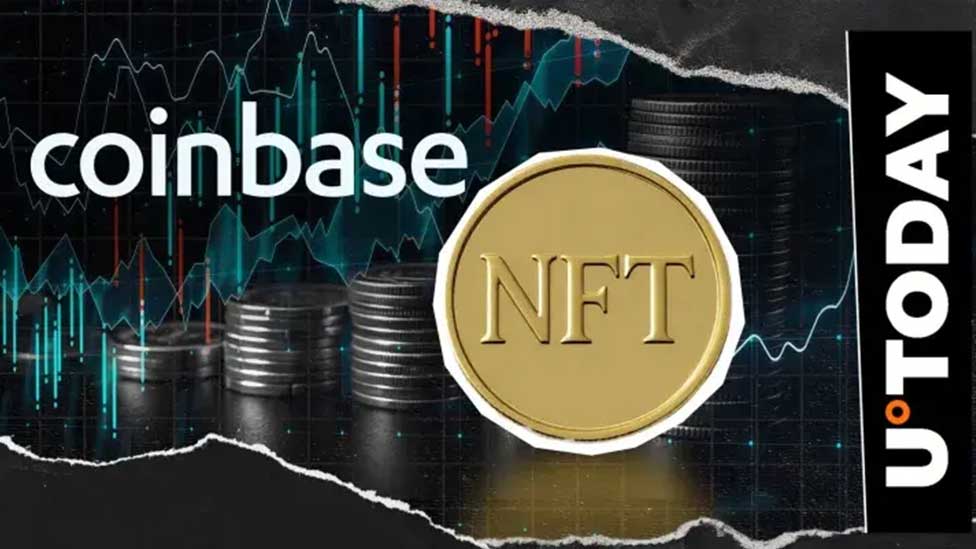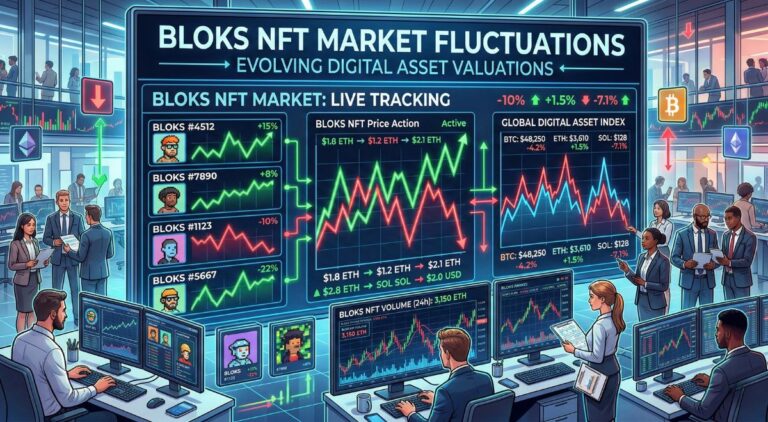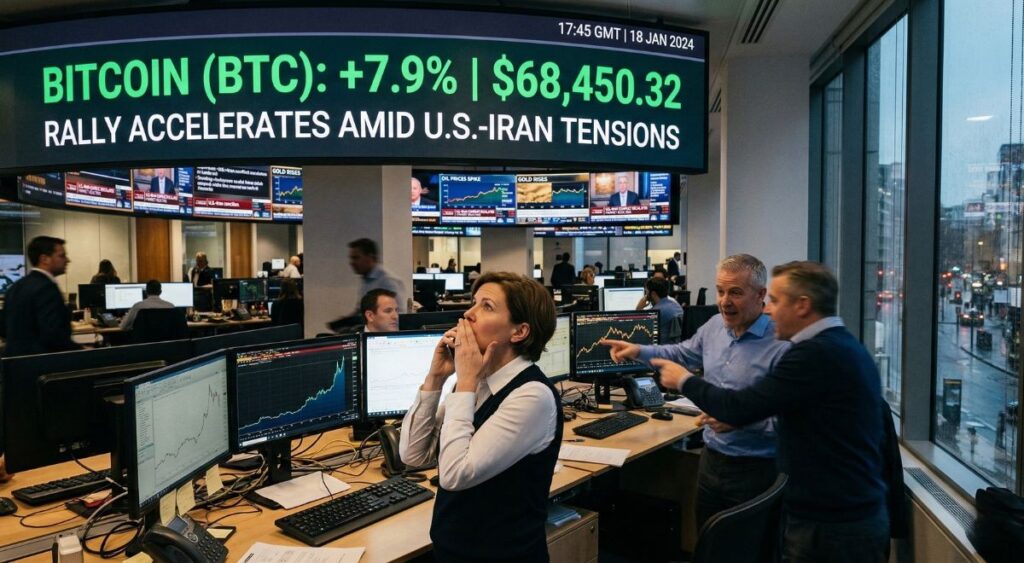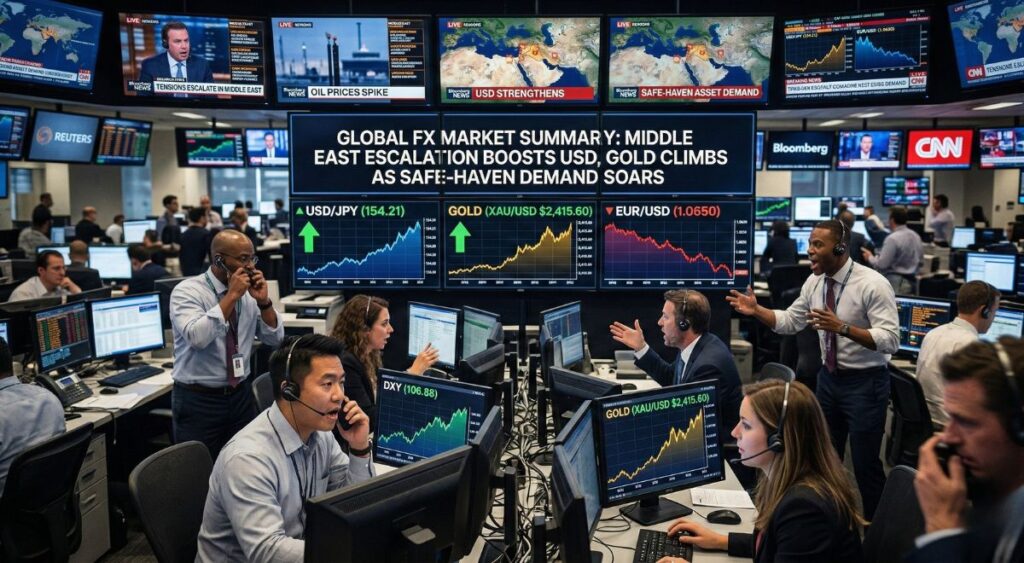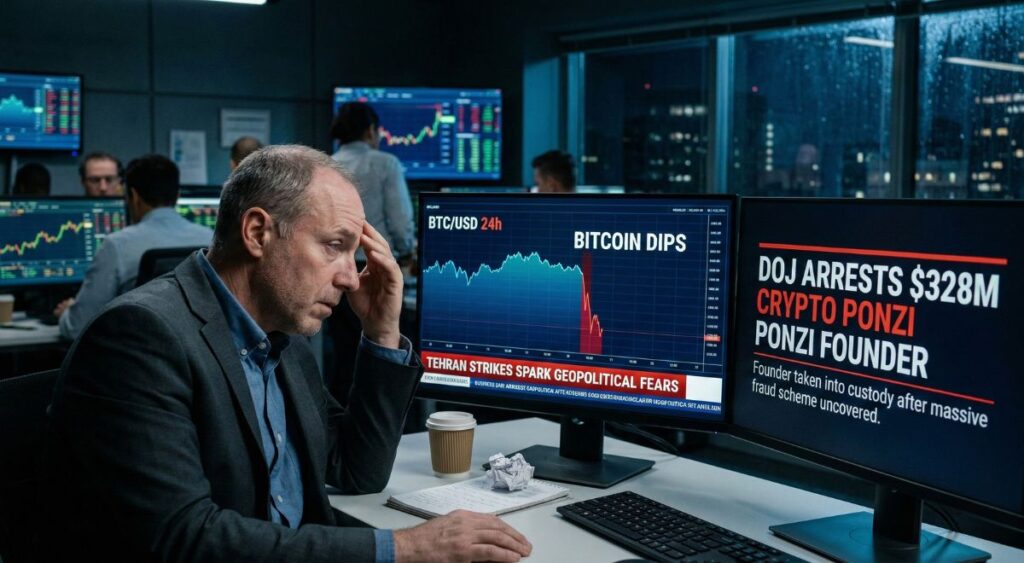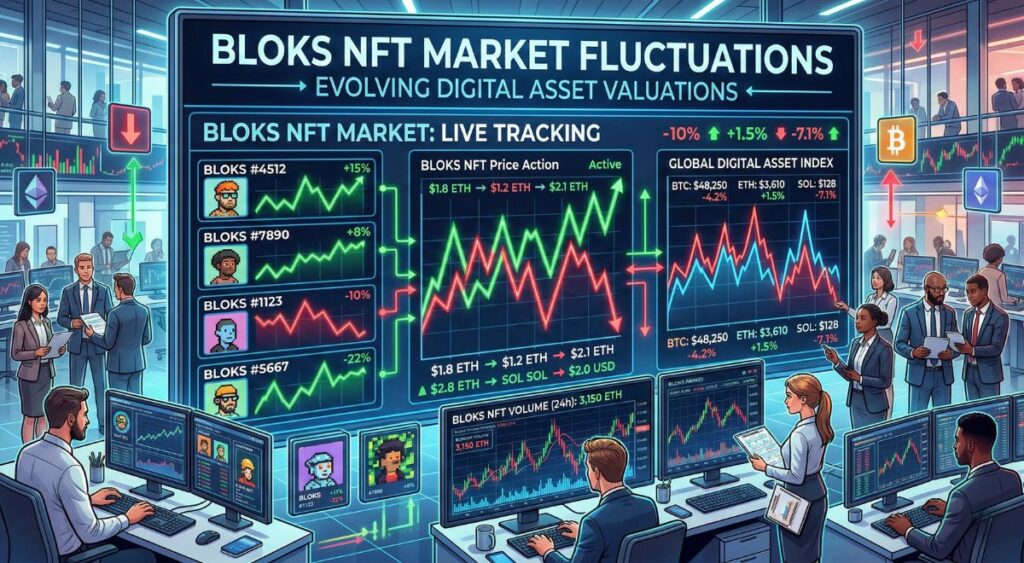In one of the most talked-about moves in the crypto and digital art space this year, Coinbase President Emilie Choi has confirmed that the exchange spent $25 million in USDC to purchase an ultra-rare NFT connected to the revival of a popular crypto podcast. The bold purchase not only underscores Coinbase’s ongoing commitment to Web3 innovation but also signals a renewed interest in NFTs as tools for cultural engagement, community building, and creative ownership.
A Record-Breaking NFT Purchase
Coinbase, the world’s second-largest cryptocurrency exchange by trading volume, made headlines when CEO Brian Armstrong first hinted that the company had acquired an “ultra-rare NFT” for $25 million. The news sparked speculation across the crypto community until Choi confirmed the purchase publicly, adding with a hint of humor, “We had to do it.”
The NFT in question is not a conventional collectible. It is a smart contract-driven digital asset tied to UpOnlyTV, a well-known crypto podcast hosted by Jordan Fish (Cobie) and Brian Krogsgard (LedgerStatus). The NFT includes a built-in clause that triggers the show’s revival: once purchased and “burned” (permanently removed from resale circulation), it compels the hosts to produce eight new episodes within three months.
This unique integration of blockchain technology and creative accountability transforms the NFT from a static collectible into an interactive media contract — effectively merging entertainment, tokenization, and performance into one digital artifact.
More Than Just a Collectible
While the NFT market has seen its fair share of high-priced art and speculative mania, Coinbase’s move represents something different. Rather than being driven purely by rarity or investment potential, this acquisition reflects NFTs as functional digital instruments — capable of influencing behavior, reviving creative projects, and engaging communities.
By linking the NFT’s ownership to the revival of a beloved crypto podcast, Coinbase is helping redefine how digital assets can interact with real-world outcomes. It’s a move that turns NFT ownership into a form of cultural participation.
The purchase also underscores how major crypto exchanges are evolving beyond their traditional role as trading platforms. Coinbase’s acquisition can be seen as a strategic experiment in crypto culture and brand positioning, exploring how blockchain-based assets can create new forms of community engagement and intellectual property management.
A Strategic Bet on Culture and Innovation
For Coinbase, this $25 million acquisition is not just about owning a digital asset — it’s a statement about the future of media, digital ownership, and blockchain utility. The NFT’s smart-contract design highlights a growing trend in the industry: using blockchain technology to activate creative projects and assign accountability without traditional intermediaries.
The move also aligns with Coinbase’s broader vision of making crypto adoption more mainstream. By engaging with projects that blend entertainment, technology, and decentralization, the company demonstrates that Web3 is more than finance — it’s culture, creativity, and community combined.
Industry observers note that the purchase comes at a time when NFT trading volumes have stabilized following the hype of 2021–2022. This shift has led to a more mature environment where utility, not speculation, drives innovation. Coinbase’s decision reflects this evolution — using NFTs not for quick profit but to catalyze something meaningful and culturally resonant.
Redefining What NFTs Can Do
This transaction also offers a glimpse into how NFTs might evolve in the coming years. Traditionally viewed as digital collectibles or art pieces, NFTs are increasingly being designed with dynamic utility. Smart contracts — the self-executing code embedded within NFTs — allow creators to link ownership with specific actions or outcomes.
In this case, the UpOnlyTV NFT acts as both a funding mechanism and a production contract. Once the NFT was purchased, the smart contract automatically triggered the hosts’ obligation to return to the microphone. This model could have broader implications for industries like film, gaming, and music, where funding and creative accountability often depend on centralized structures.
Bybit’s CEO once described similar token models as “programmable trust.” Coinbase’s purchase demonstrates what that phrase means in practice — a trustless, automated agreement that ensures a creative promise is fulfilled.
AI, Tokenization, and the Future of Commerce
The timing of Coinbase’s NFT purchase coincides with wider transformations across the payment and digital asset industries. Emerging technologies like AI-driven commerce, tokenized assets, and decentralized media are reshaping how brands, creators, and audiences interact.
Coinbase’s bold entry into this experimental NFT space serves as both a marketing statement and a testbed for future applications. It showcases how blockchain-based systems can bridge financial technology with digital culture, ensuring authenticity, transparency, and direct creator-audience engagement.
In parallel, companies like Mastercard, Visa, and PayPal are exploring blockchain-based integrations — from tokenized transactions to AI-enabled financial tools. Coinbase’s action positions it at the intersection of finance and creativity, signaling a future where NFTs serve as more than speculative assets — they become living components of interactive digital ecosystems.
The Broader Impact
Whether the $25 million NFT turns out to be a historic cultural milestone or a high-profile experiment remains to be seen. However, the implications are clear: NFTs are evolving into instruments of influence, collaboration, and accountability.
Coinbase’s purchase proves that the next wave of blockchain innovation lies not in speculation but in utility, creativity, and connection. By linking ownership to real-world outcomes — in this case, the revival of a podcast beloved by the crypto community — Coinbase has effectively showcased what Web3 is capable of when technology and storytelling merge.
As the lines blur between digital property, entertainment, and finance, one thing is certain: Coinbase’s “ultra-rare” NFT acquisition will be remembered as a landmark example of how blockchain can reshape culture, one smart contract at a time.

